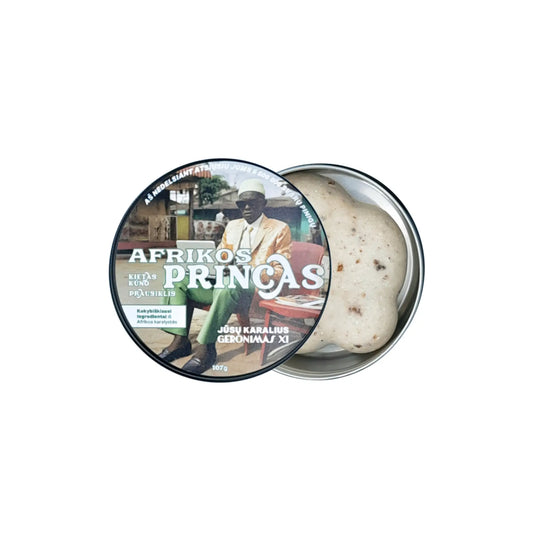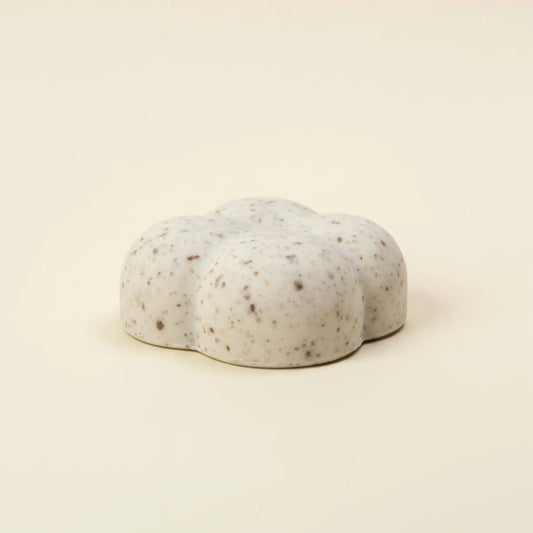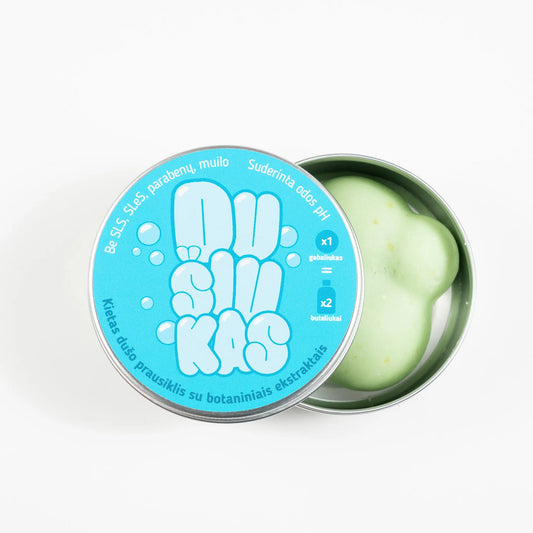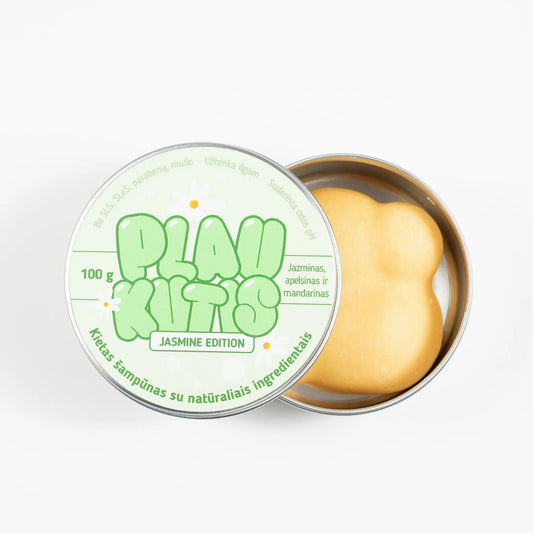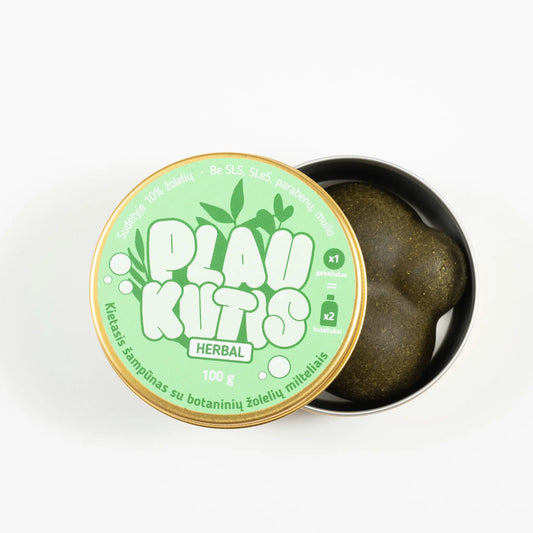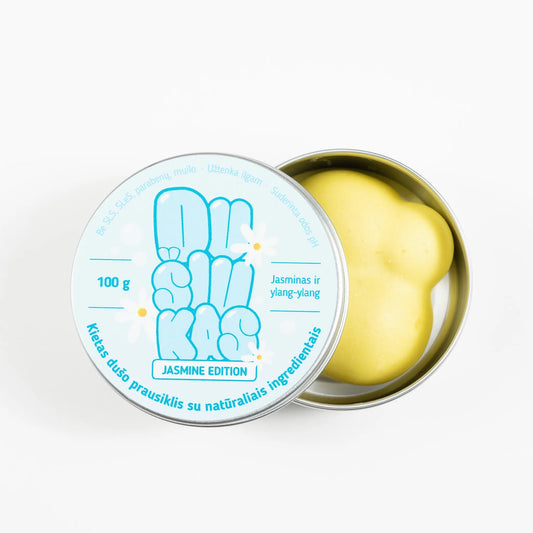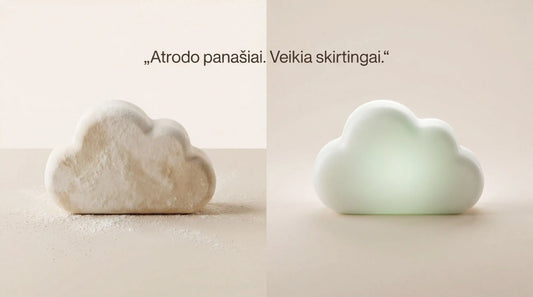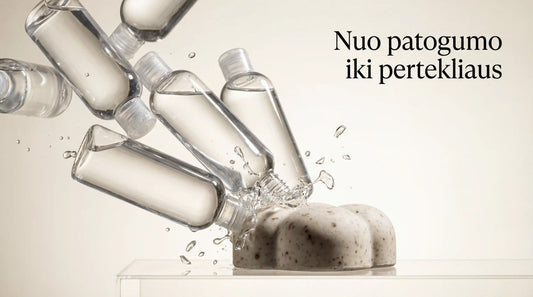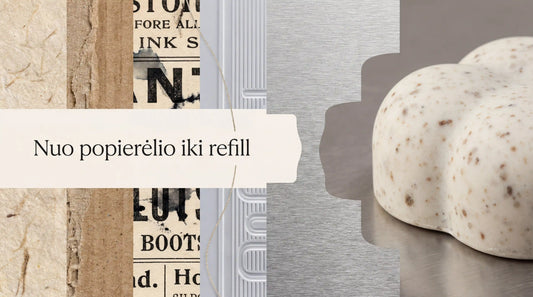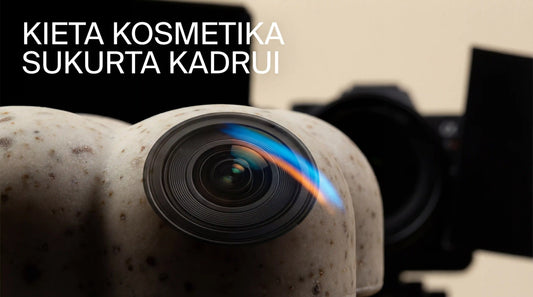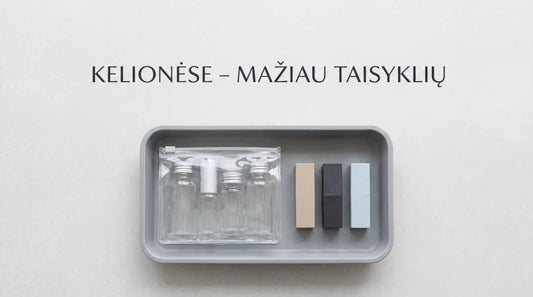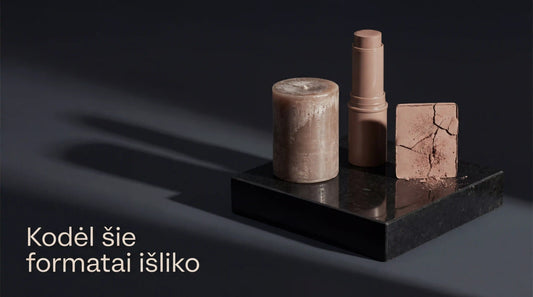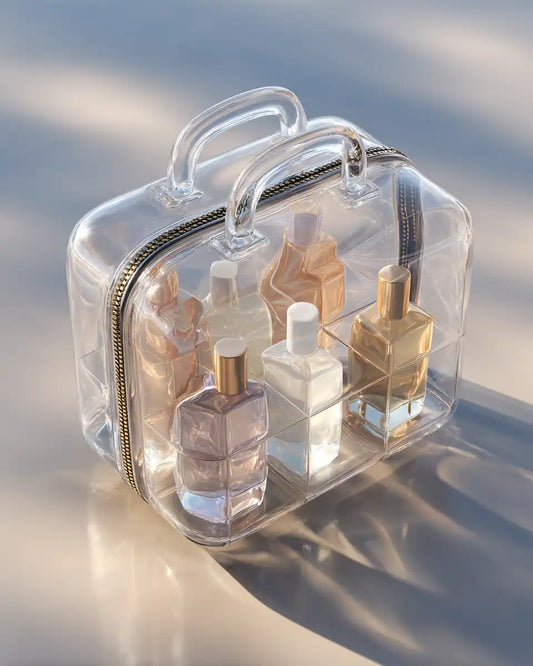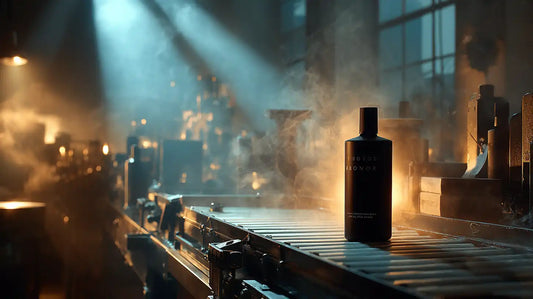Hair is more than just a lock of hair on your head – it’s an important part of your identity. The way you wear your hair often reflects your self-image, personality and even mood. From straight to curly, every hair type can impact a woman’s self-image. For women aged 18 to 54, hair is an important part of their self-expression, shaping their self-image and confidence.
Societal norms, beauty standards, and cultural expectations further complicate the way we view our hair. Whether you have straight, wavy, or curly hair, societal and emotional pressures can have a profound impact on how you view your natural texture. Let's take a look at how society shapes our views of hair and how embracing your natural hair type can boost your self-confidence and free you from restrictive beauty norms.
Social pressure and hair type
Beauty standards and perceived attractiveness
Throughout history, hair has been closely associated with the concept of beauty. Whether it’s long, flowing locks or perfectly formed curls, society’s perception of what constitutes “beautiful” hair is constantly changing, depending on trends and cultural preferences. A 2019 study published in the Journal of Social Psychology found that 63% of women feel pressure to conform to generally accepted beauty standards because of their hair type. This pressure often stems from media portrayals that favor certain hair types, such as straight hair, while leaving women with other textures feeling less confident.
Hair trends have changed over time, from the big curls of the 1980s to the perfectly straight hairstyles of the early 2000s. Today, we see a wider range of hair textures in the media, but the long-standing effect of straight hair being seen as “tidy” or “professional” still persists. Women with naturally curly or wavy hair often face an internal conflict over whether their hair meets society’s standards of beauty.
Fun fact : Did you know that the global hair care market is expected to reach $111.98 billion by 2026 , with a large portion of this spending going to products that alter the natural texture of hair, such as straighteners or curlers?
Hair type and social status
In many cultures, hair type has been associated with social status. Throughout history, well-groomed, straightened, or styled hair has often been associated with professionalism, success, and higher social status. Women with textured or curly hair may experience “hair bias,” where their natural hair is viewed as less appropriate in professional settings. This bias can affect career opportunities and even self-esteem.
For example, a 2018 Dove study found that Black women are 80% more likely to change their natural hair to fit social or workplace expectations. This highlights the systemic discrimination women face based on hair texture, especially in corporate settings. Hair discrimination remains a real problem, and societal pressure to conform to these norms can make women feel disconnected from their natural hair type.
Fun fact : In 2019, California became the first state in the US to pass the CROWN Act, banning discrimination in the workplace and schools based on natural hair.

Self-esteem and perception of hair type
Research on hair and self-confidence
Your hair has a direct connection to how you feel. Psychological research has shown that hair can have a significant impact on self-esteem, especially for women. A 2020 study by the American Psychological Association found that nearly 70% of women report feeling more confident on days when their hair looks good , regardless of their hairstyle.
Different hair types can affect self-esteem in different ways, often depending on society's beauty standards. Women with naturally straight hair may feel more confident in a world that values smoothness, while those with curly or wavy hair may feel pressured to change their texture to meet these standards. The emotional stress caused by not meeting beauty standards can lead to lower self-esteem, especially if society and the media promote the idea that one hair type is better than another.
Interestingly, the same study revealed that women who accepted their natural texture—whether curly, wavy, or straight hair—reported a 20% increase in self-confidence over time , suggesting that acceptance plays a significant role in personal empowerment.
Hair type and cultural identity
Hair is closely tied to cultural identity, especially for women of color. For many people, hair is more than just an aesthetic—it’s a symbol of heritage, pride, and belonging. For example, natural hairstyles like afros, twists, and braids have long been symbols of black identity and empowerment. However, these hairstyles have also faced discrimination and bias.
While cultural pride can boost self-esteem, societal pressure to conform to prevailing beauty standards can negatively impact women's attitudes about their hair. A 2017 study in the Journal of Ethnic Studies found that women who feel a strong connection to their cultural identity through their hair report higher levels of self-esteem , compared to those who try to conform to mainstream beauty norms.
Cultural movements like the natural hair movement have helped combat this bias by encouraging women to embrace their natural hair and abandon the idea that straight hair is the only path to beauty.

How to boost your confidence with your hair type
Embrace your natural hair
Confidence in your natural hair starts with acceptance. Learning to love your natural hair texture—whether it’s straight, wavy, curly, or kinky—can help you feel more confident. A 2021 survey found that 85% of women who embraced their natural hair felt more empowered in their daily lives. The journey to self-acceptance starts with freeing yourself from the need to conform to beauty standards and embracing the unique beauty of your hair.
- Tip : Start small, like cutting back on heat styling or chemical treatments. Instead, focus on moisturizing your hair and learning how to style it to bring out its natural texture.
Break free from beauty standards
Beauty standards are often based on unrealistic expectations. The challenge to these norms is to prioritize what makes you feel confident and authentic. Surround yourself with media and people who appreciate a variety of hair types. Follow influencers, watch educational videos, and engage with communities that promote natural beauty and body positivity.
- Fun fact : The natural hair movement began in the 1950s during the civil rights era in the United States as a protest against societal beauty norms and has continued to grow globally in recent years.

Myth busting and interesting facts about hair type perception
-
Myth : Straight hair is easier to maintain than curly hair.
Fact : Every hair type has its own challenges. Straight hair can get oily more quickly, while curly hair can get dry. Proper care can help manage both types. -
Myth : Curly hair is less professional in the workplace.
Fact : This is a stereotype based on bias. Many professional women wear their natural curls with confidence and style. Professionalism doesn't depend on your hair. - Fun fact : A 2021 study found that people spend an average of five years of their lives styling, washing, or caring for their hair!
-
Myth : Hair type cannot change over time.
Fact : Hormonal changes, aging, and even medical conditions can change the texture of your hair. Hair often changes with age. - Fun fact : Hair is one of the fastest growing tissues in the body, second only to bone marrow, with a growth rate of about 1.25 cm per month .
Practical tips for embracing your hair type
- Love your natural texture : Work with what you have instead of trying to change your hair. Invest in products that work with your hair type and enhance its natural beauty.
- Seek inspiration : Follow influencers and communities that celebrate different hair textures and types. Surround yourself with positive role models to help you embrace your hair.
- Experiment with new styles : Try different hairstyles that highlight your natural texture. You might be surprised at how versatile your hair can look.
- Moisturize and nourish : Healthy hair is beautiful hair. Use moisturizing shampoos, conditioners, and hair masks to keep your hair strong and shiny.
Frequently asked questions about hair type and self-confidence
-
How can I feel more confident about my hair?
Embrace your natural texture and find styles that work for you. Surround yourself with positive role models who embrace their unique hair. -
Does my hair type affect my professional image?
It shouldn't, but the bias still exists. Wear your hair in a way that feels professional and authentic to you. -
Can stress change my hair type?
Yes, stress can affect the health of your hair, sometimes causing changes in texture, increased shedding, or thinning. -
How should I respond to negative comments about my hair?
Confidence is key. Practice self-love and remember that other people's opinions do not define your beauty. Surround yourself with positive and supportive people. -
Will my hair type change as I get older?
It could be. Hormonal changes, aging, and environmental factors can change the texture of your hair over time.
Conclusion
Hair plays a big role in shaping our perception of ourselves. While societal pressures may push us to conform to certain beauty standards, embracing our natural hair type can help us feel more confident and self-loving. Your hair is an expression of who you are – unique, beautiful and personal. Focus on what makes you feel good, break free from unrealistic beauty norms and begin your journey towards embracing your natural texture.
